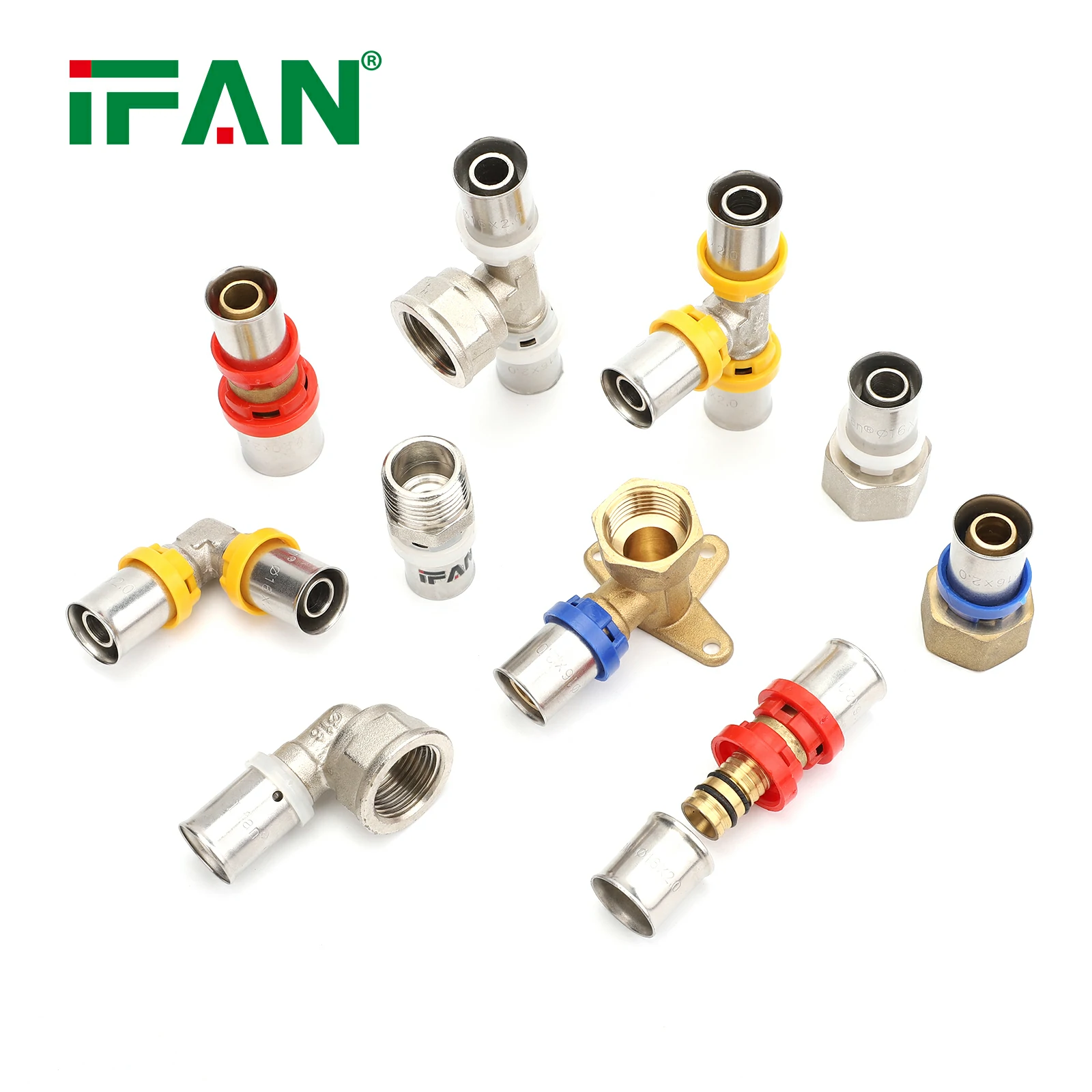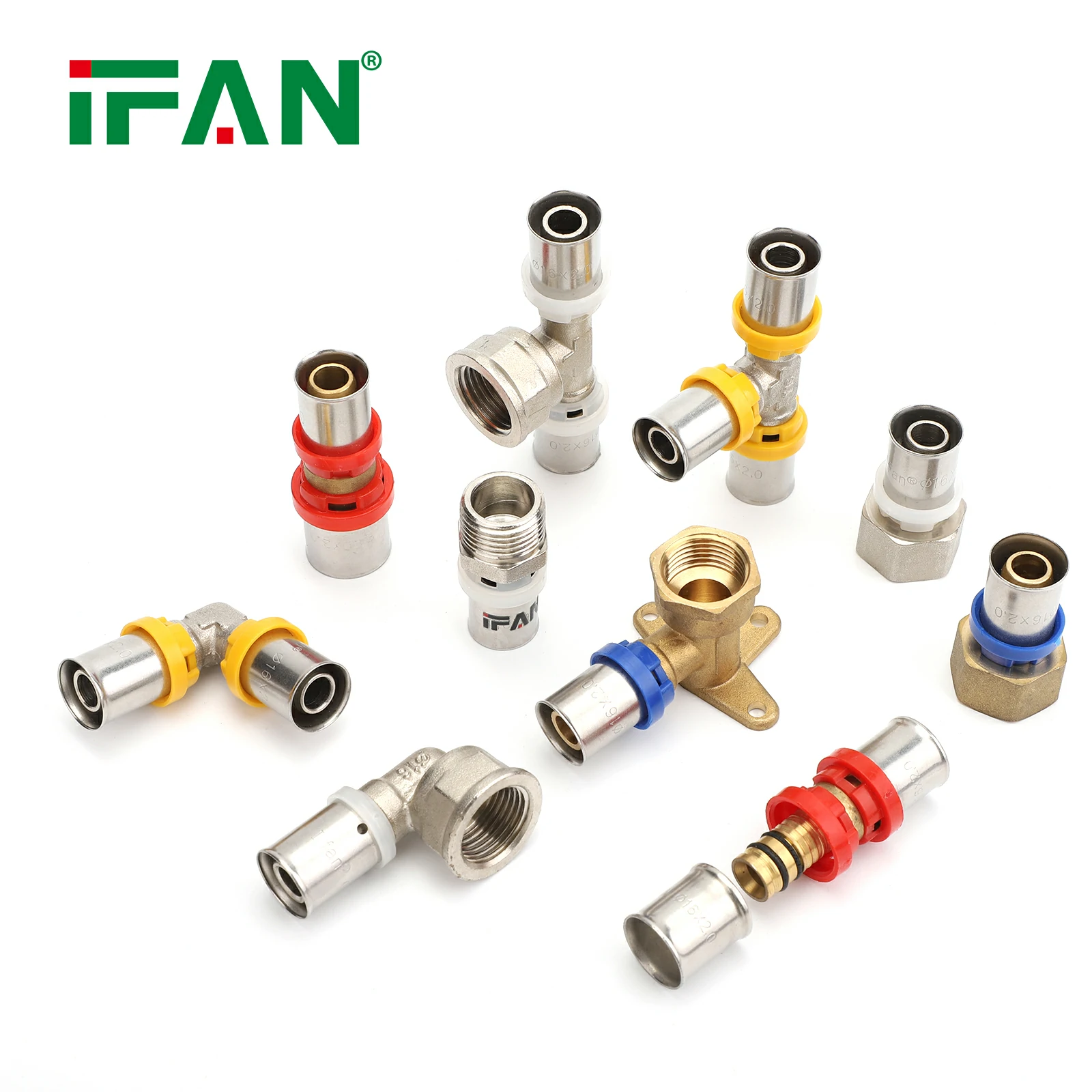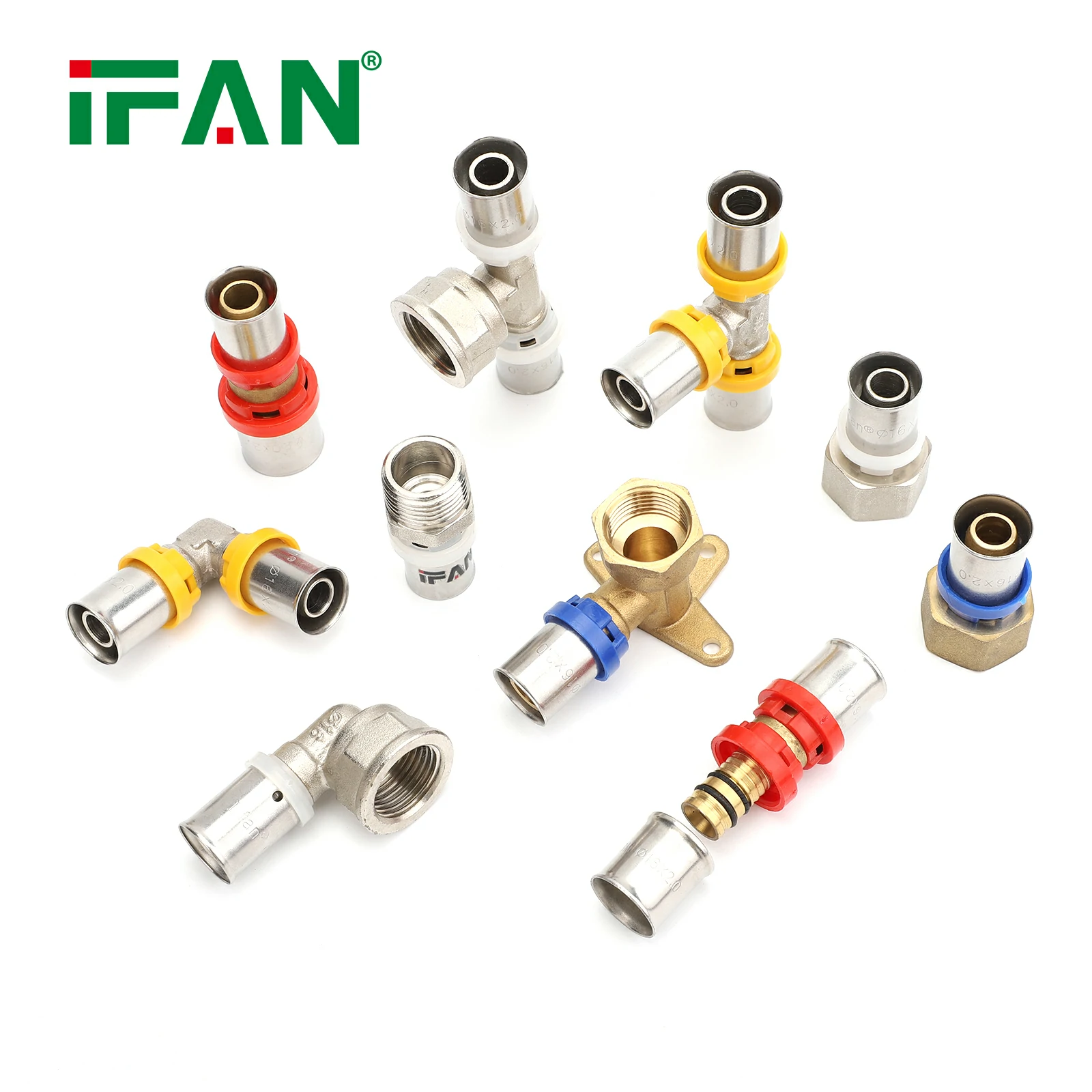Title: PVC Chemical Compatibility: Ensuring Optimal Safety and Performance
Introduction:
The compatibility of PVC (Polyvinyl Chloride) with various chemicals is a topic of paramount importance. Understanding the chemical resistance of PVC is crucial for industries that rely on this versatile material. This article aims to provide an overview of PVC’s chemical compatibility, highlighting its significance in ensuring safety and performance.
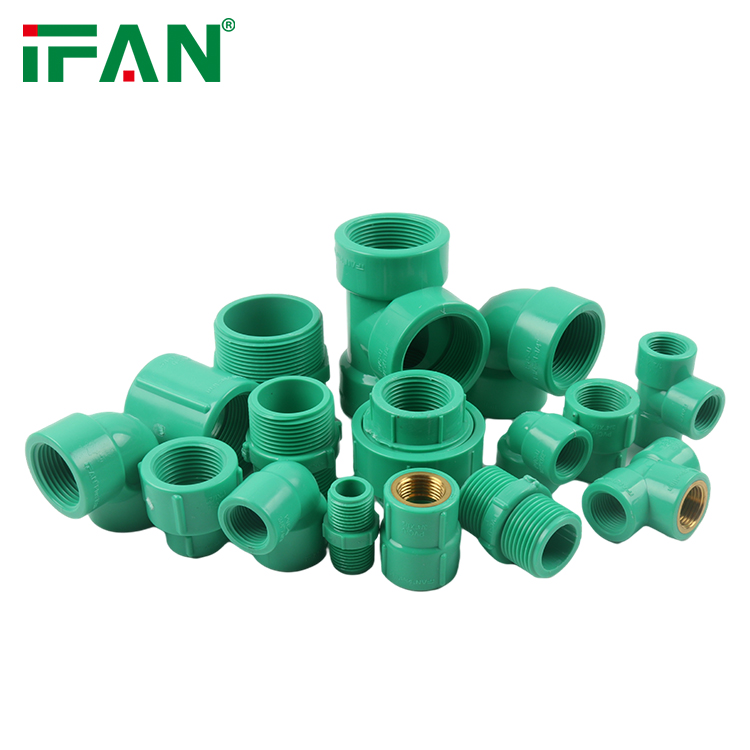
Chemical Resistance:
PVC possesses excellent chemical resistance properties. It resists corrosion and degradation when exposed to a wide range of chemicals. From acids and alkalis to solvents and oils, PVC demonstrates remarkable tolerance, making it a popular choice for numerous applications.
Classification:
To facilitate comprehensive understanding, PVC’s chemical compatibility can be classified into three categories: good, fair, and poor resistance. These classifications are based on various factors, including concentration, temperature, exposure duration, and physical state of the chemical.
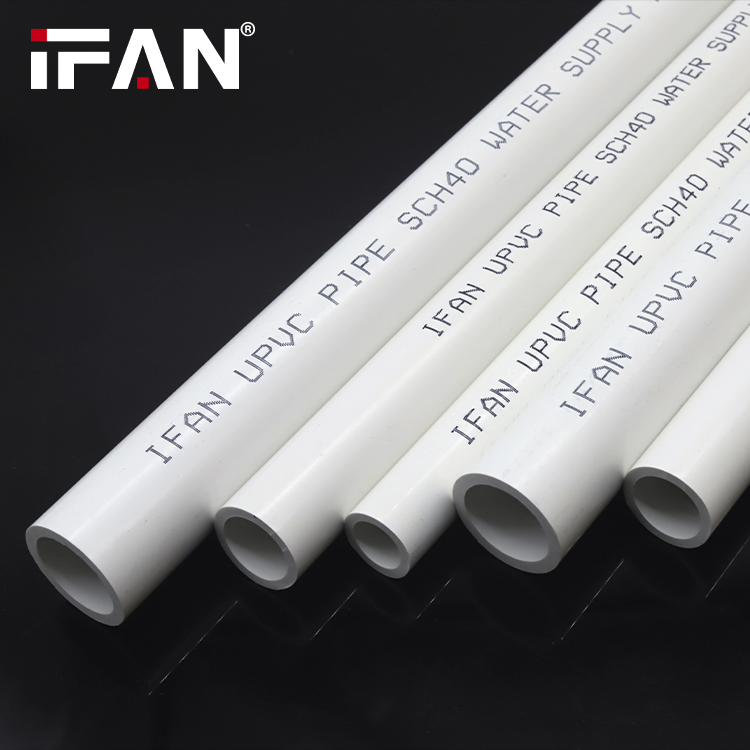
Good Resistance:
PVC provides excellent resistance to a multitude of chemicals, such as water, alcohols, diluted acids, bases, and a wide range of salts. Moreover, PVC’s resistance is unaffected by low temperatures, making it suitable for cold storage and other low-temperature applications.
- Fair Resistance:
Certain chemicals, when concentrated or at elevated temperatures, may exhibit moderate effects on PVC. Examples include concentrated acids, aromatic hydrocarbons, and ketones. While PVC can withstand certain concentrations and temperatures, careful consideration is necessary to ensure optimal performance and longevity.
Poor Resistance:
A few chemicals pose challenges to PVC’s chemical compatibility. These chemicals include concentrated oxidizing agents, some chlorinated hydrocarbons, and certain esters. In such cases, alternative materials or modification of the PVC compound may be necessary to ensure performance and safety.
Recommendations for Optimal Performance:
When dealing with chemicals, it is essential to take precautionary measures to ensure integrity and longevity:
- Thoroughly evaluate chemicals: Assess the compatibility of PVC with the specific chemical in question by considering factors such as concentration, temperature, and duration of exposure.
- Seek expert advice: Consult professionals, such as chemical engineers or PVC manufacturers, to gain further insights into the chemical compatibility of PVC for a particular application.
- Conduct compatibility tests: In critical applications, perform compatibility tests to validate the PVC’s resistance against the targeted chemicals under the expected operating conditions.
- Consider alternative materials: If PVC’s compatibility is questionable, exploring alternative materials like fluoropolymers or other specialized plastics may be necessary.
Conclusion:
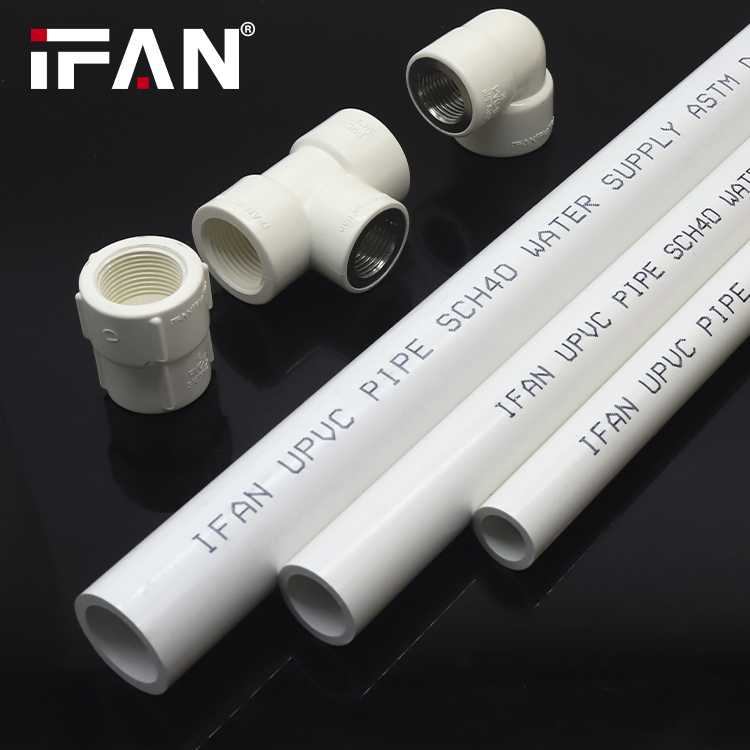
PVC’s chemical compatibility is a vital consideration for industries across various sectors. Understanding the resistance of PVC to different chemicals enables the selection of appropriate materials, ensuring safety, durability, and performance. By following recommended practices and seeking expert advice, businesses can make informed decisions regarding PVC usage for specific applications.

